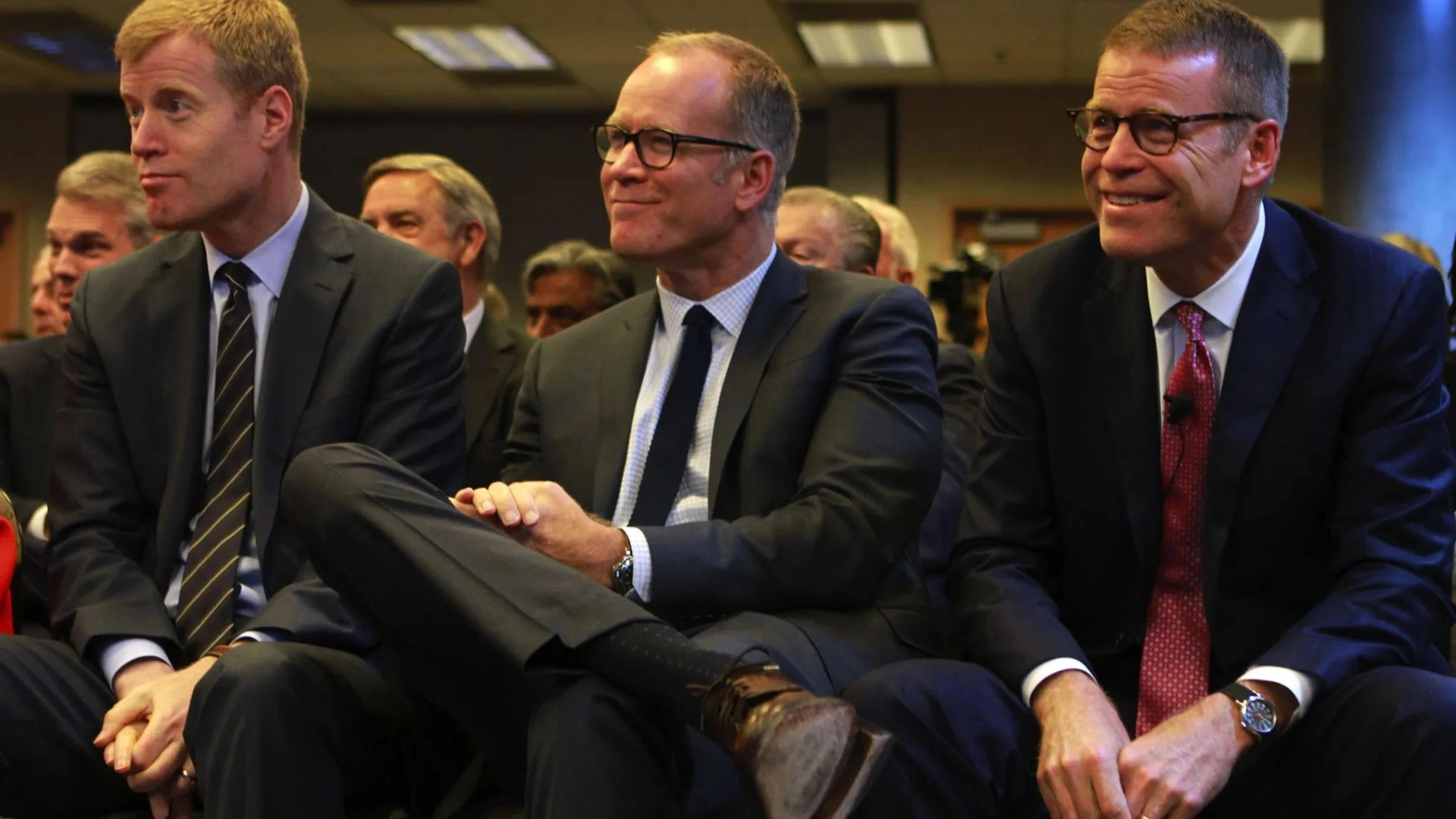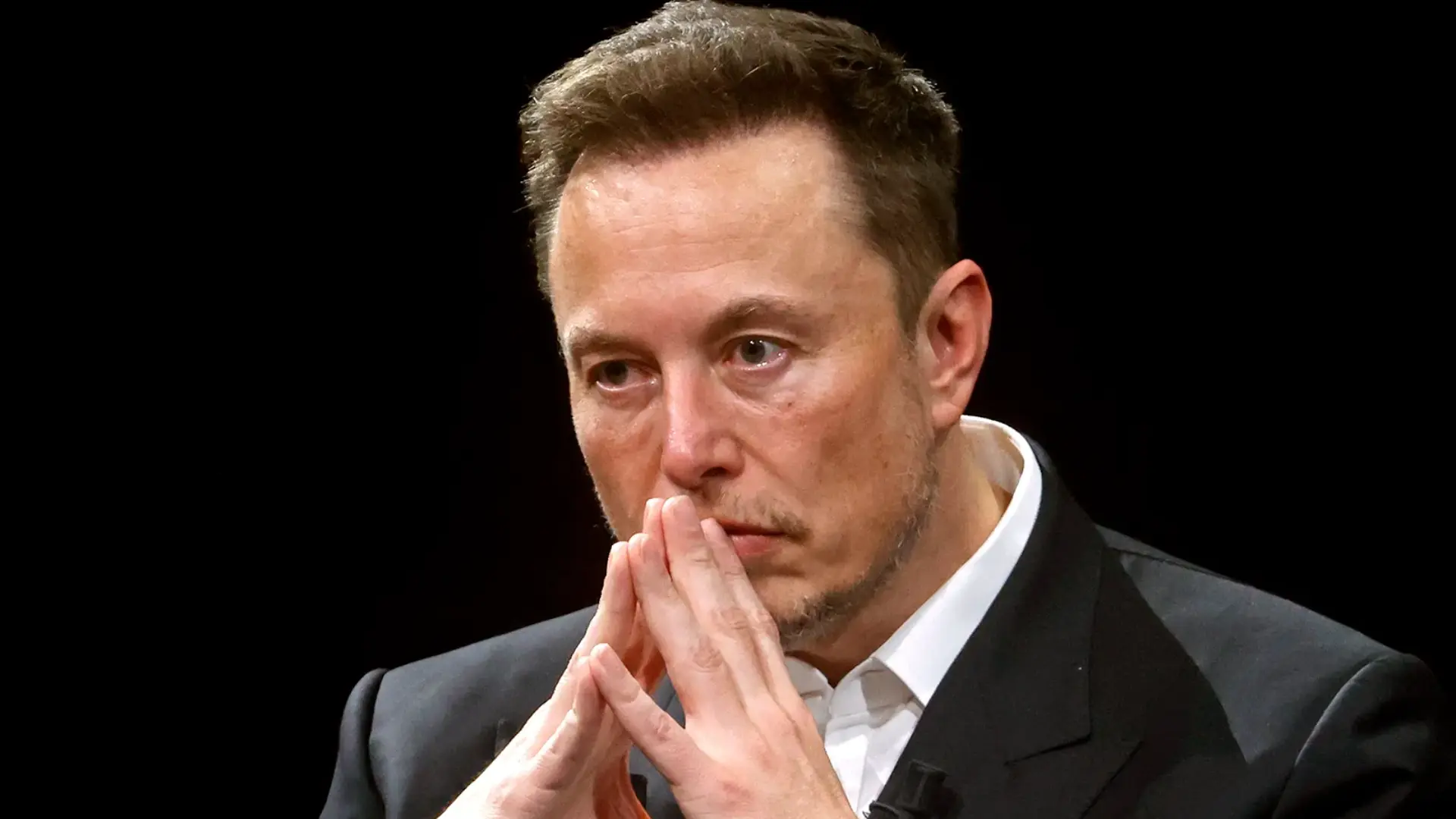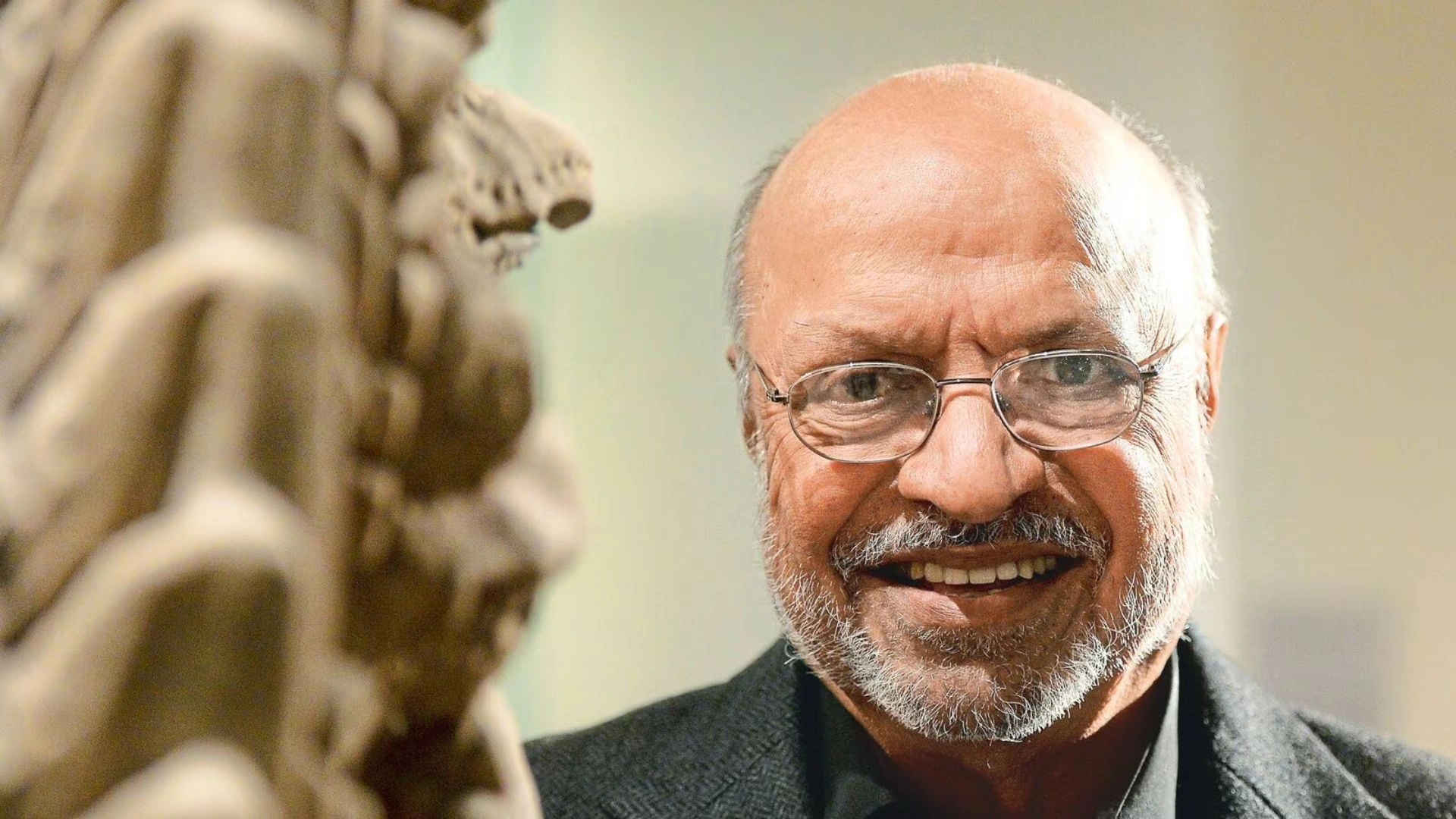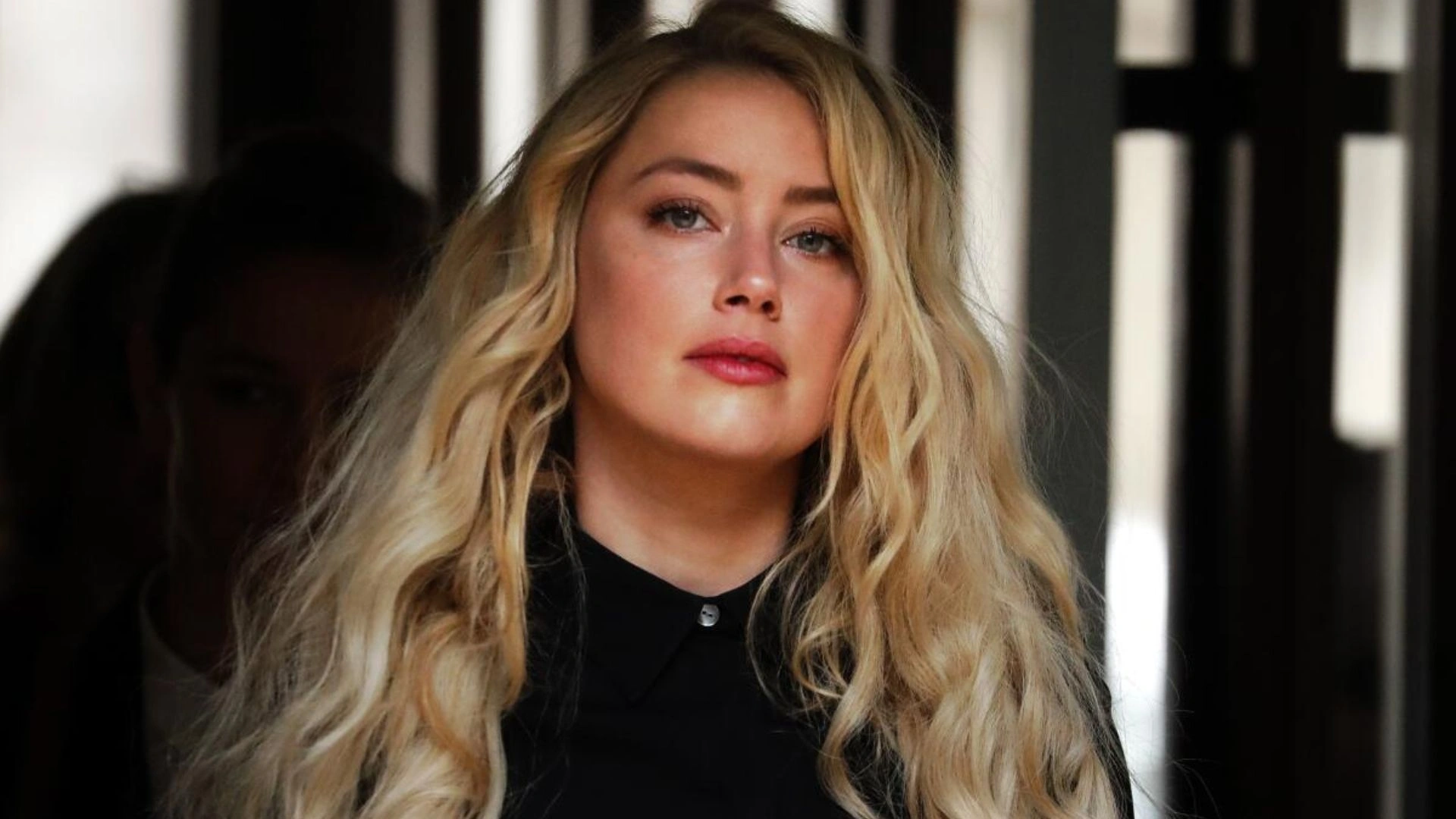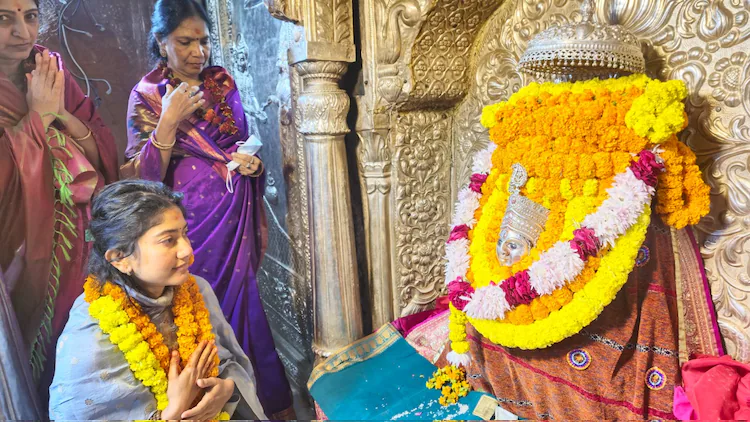A panel of judges, including justices AS Bopanna and MM Sundresh, emphasized that “raising awareness among the public is the crucial factor,” and they underscored that curtailing firecrackers to specific hours alone would not resolve the pollution issue. The Supreme Court, on Tuesday, characterized the act of celebrating while polluting the environment as “selfish.” It directed all states and Union Territories to adhere to its directives concerning the restrictions on fireworks during Diwali and other occasions throughout the year.
Expressing their concern, a panel of judges led by justices AS Bopanna and MM Sundresh noted that while a complete ban on firecrackers may be challenging to enforce, it ultimately relies on individuals choosing to forgo fireworks. The judges emphasized the importance of “raising awareness among the public,” asserting that merely restricting fireworks to specific hours would not be sufficient.
The bench observed that people tend to use the fireworks they have purchased, and it is a misconception that addressing environmental issues is solely the responsibility of the court. They stressed that the management of air and sound pollution is a collective effort involving everyone, as they addressed an application seeking directives to combat air and sound pollution in Udaipur, filed against the Rajasthan government and the state pollution control board.
The judges also underscored that celebrations should not come at the expense of environmental pollution, stating that true celebration involves sharing rather than polluting the environment. The bench deemed such actions as selfish, noting that it is not just children, but adults who are increasingly responsible for firecracker-related pollution.
The court reminded that it had previously issued a series of directives to both the Central government and state governments, aiming to reduce air and noise pollution stemming from various sources, including firecrackers. The judges expressed their belief that a complete halt to such practices would only be possible if people themselves make the conscious choice to do so. They emphasized the need for state governments to launch awareness campaigns and sensitize the public, acknowledging that hope remains a significant driving force in this regard.
In its ruling, the court emphasized that the state of Rajasthan and all other states are obligated to adhere to the directives previously issued by the Supreme Court. The judges stated, “Specific directives need not be reiterated, as this court has already issued numerous orders outlining measures to reduce air and noise pollution. These orders are applicable to all states, including Rajasthan. The state of Rajasthan is responsible for taking actions to mitigate air and noise pollution, not only during the festive season but throughout the entire year.”
During the proceedings, senior advocate Gopal Sankaranarayanan, representing the PIL petitioners, also raised concerns about stubble burning in neighboring states of Delhi. This prompted the bench to seek a response from the India Meteorological Department on this matter.
The judges also noted that media reports have highlighted a “blame game” among different states regarding the causes of air and noise pollution. However, the bench chose not to address the issue of stubble burning, as it is already being considered by another bench of the Supreme Court. This matter is scheduled to be discussed before the other bench later on Tuesday.
On September 22, the Supreme Court dismissed requests from firecracker manufacturers and the Central government to allow the production of joint crackers and improved green crackers with reduced concentrations of barium salts. Barium salts had been banned by the Supreme Court in October 2018 due to their health hazards. The court had also instructed the Central government to develop improved formulations for firecrackers that do not contain these harmful salts.
The ban on firecrackers stemmed from a public interest litigation (PIL) initiated by three minors, with Arjun Gopal as the lead petitioner. They raised concerns about the widespread violation of the ban by manufacturers, as firecrackers continued to make their way into the city. This situation raised significant questions about the effectiveness of enforcing the ban.


